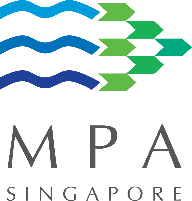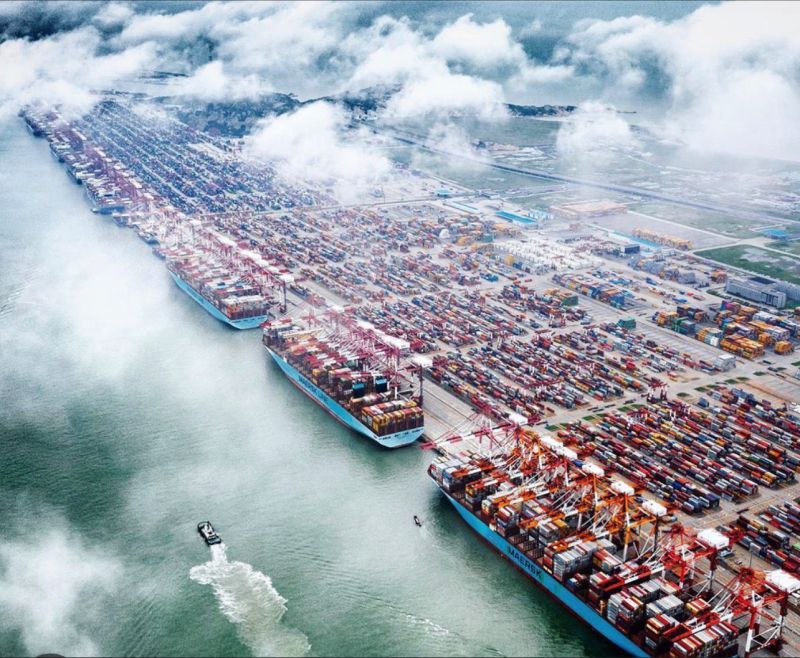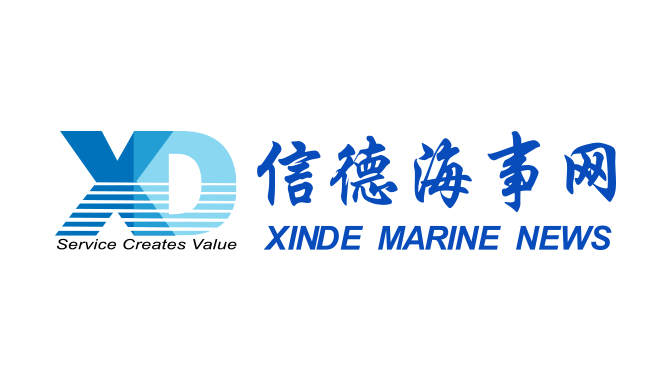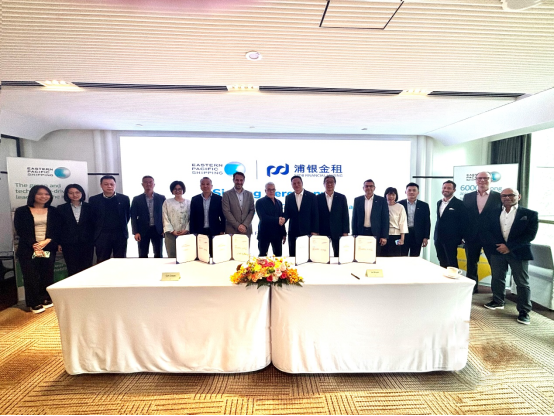
Cooperation between China and Germany is mutually beneficial, China's Foreign Ministry said on Wednesday in response to a potential deal between China's shipping giant Cosco and Hamburg port in Germany.
"It is hoped that relevant parties will view China-Germany pragmatic cooperation rationally," Foreign Ministry spokesperson Wang Wenbin told a regular press conference on Wednesday.
The response came as the German cabinet approved on Wednesday an investment by Cosco for a 24.9 percent stake - less than the initially planned 35 percent stake - in one of logistics firm HHLA's three terminals in Germany's largest port in Hamburg, Reuters reported.
Cosco said in a statement later on Wednesday that the German Ministry of Economic Affairs and Energy had "partially approved" the deal.
Such an outcome leaves room for maneuver for China-Germany cooperation as well as China-EU cooperation in the future, Zheng Chunrong, director of the German Studies Centre at Tongji University, told the Global Times on Wednesday. Port of Hamburg is the biggest winner, Zheng added.
"From a strictly business perspective it makes a lot of sense to have this Chinese investment in the port, since it deepens the mutual interest of both sides to intensify trade relations," Helga Zepp-LaRouche (HZL), founder of Germany-based political and economic think tank, the Schiller Institute, told the Global Times on Wednesday.
Some German politicians have voiced political concerns over the port deal, claiming China is taking over too much of Germany's so-called "critical infrastructure," which could have impact on strategic security.
Right now Germany is under "enormous pressure" to follow the US policy of "decoupling" economically from China. So some politicians are voicing opposition to the cooperation project, Zepp-LaRouche said.
"But the views are entirely motivated by a very unhealthy geopolitical intention," said the German expert.
German investment in China hit a record high in the first half of 2022, surpassing the level of tens of billions of euros, according to a report by the German Institute for Economic Research, more commonly known as DIW Berlin, which was released in August.
Meanwhile, German corporate giants are pouring more investment into the world's second largest economy.
For instance, BASF inaugurated the first plant of its Zhanjiang Verbund site on September 6 in South China's Guangdong Province. The project will be the company's largest investment to date, with a pledged investment of 10 billion euros by 2030, according to a statement sent from BASF to the Global Times.
Bilateral trade between China and Germany rose slightly by 0.9 percent on a yearly basis to $173.57 billion between January and September, according to data released by the General Administration of Customs (GAC) on Monday.
German Chancellor Olaf Scholz said that he will travel to China with a delegation of German business leaders in early November, German media outlet Die Welt reported on Friday. However, the reported visit has not been confirmed by China's Foreign Ministry.
Source: Global Times
The opinions expressed herein are the author's and not necessarily those of The Xinde Marine News.
Please Contact Us at:
media@xindemarine.com


 China’s First Bulk Bunkering of Domestic Green Me
China’s First Bulk Bunkering of Domestic Green Me  Rotterdam and Singapore Strengthen Collaboration on
Rotterdam and Singapore Strengthen Collaboration on  MPA and CMA CGM Sign MoU to Enhance Sustainable Shi
MPA and CMA CGM Sign MoU to Enhance Sustainable Shi  China's Ports Surge Ahead: Major Container Terminal
China's Ports Surge Ahead: Major Container Terminal  Port of Hamburg: Growth in container throughput and
Port of Hamburg: Growth in container throughput and  EPS and SPDB Financial Leasing sign financing agree
EPS and SPDB Financial Leasing sign financing agree